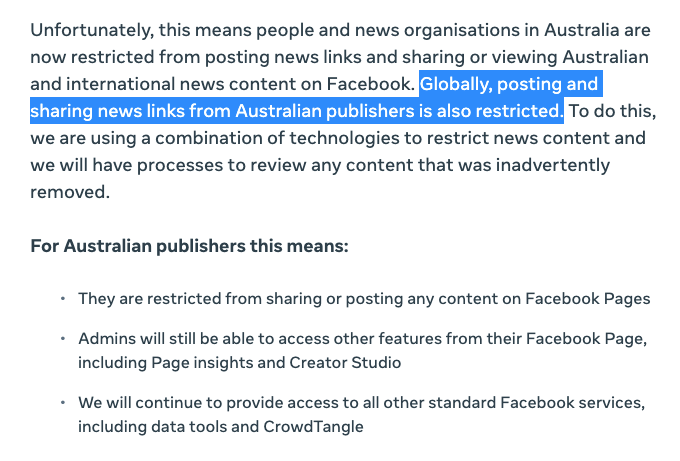
Dems in Arizona were bought off by Apple. Very ugly situation.
https://twitter.com/JoshuaGreen/status/1364238645146906629
Wow Democrat @CharleneforAZ read off talking points praising the security of the iPhone and app store. There's a serious problem with progressive legislators doing whatever big tech wants. azleg.gov/videoplayer/?c…
It's amazing to see progressives @CesarChavezAZ straight up going libertarian in Arizona. The legislature, he said, shouldn't get involved in disputes between private businesses. And let's not use the term monopoly.
Chavez praises ALEC and the Goldwater institute!
Chavez praises ALEC and the Goldwater institute!
In the Arizona hearing on app stores, a progressive Dem named Cesar Chavez attacked gov't getting involved in private business, praised ALEC and the Goldwater Institute. Meanwhile GOP reps attacked Apple's monopoly. Bill passed out of committee 7-6, all but one Dems voted no.
• • •
Missing some Tweet in this thread? You can try to
force a refresh





